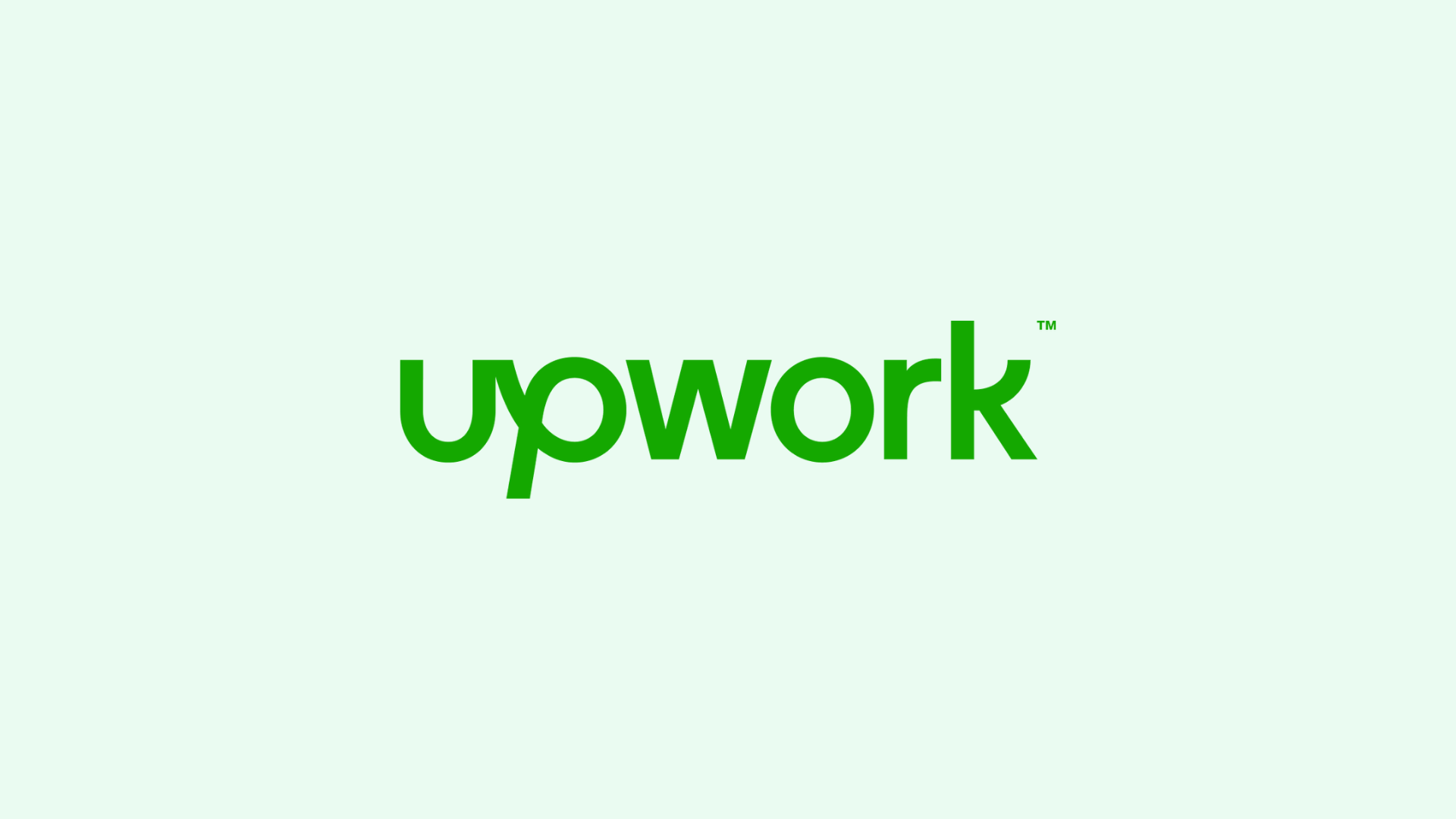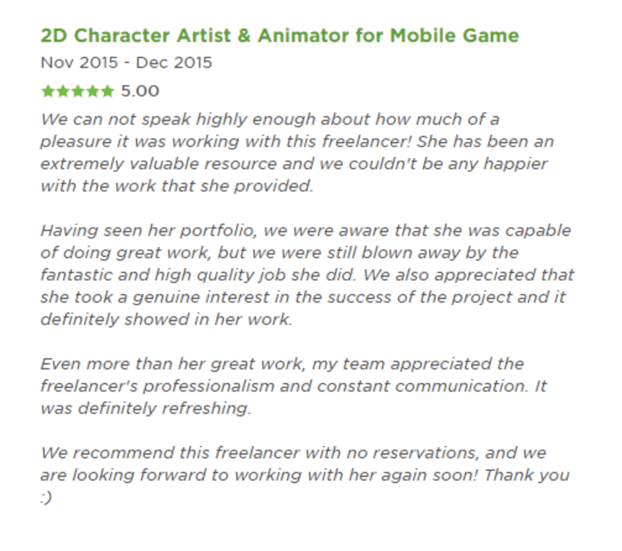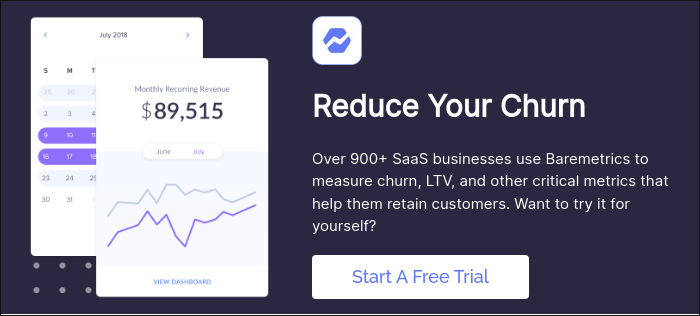Table of Contents

If you’re not familiar with Upwork, stop what you’re doing and read this.
The online platform describes itself as a ‘marketplace that connects businesses to independent talent from around the world’. To the busy founder, Upwork is nothing short of a small miracle.
Busy founders often have tasks that they need done right away, but don’t have the time to do themselves.
Eventually, teams might hire an employee for miscellaneous tasks. But for right now, all you need is Johnny-on-the-spot to just get it done. That’s where a marketplace like Upwork comes in.
As a business, you can post a task, no matter how large or small, on your profile. People seeking work in that field will see your posting, and be able to apply for it with a work proposal. You can also seek out workers, aka ‘talents’, on the website, and approach them directly with a job.
This article will cover everything you need to know to successfully hire off Upwork.
Hiring off Upwork: Understanding Upwork’s Review System
To get started, it’s important to understand Upwork’s review system.
Public ratings and reviews are the key to establishing mutual trust on the website. Employers and candidates alike maintain profiles that list reviews from people they’ve worked with on the site, along with ratings out of five stars, as well as other key statistics pertaining to their job activity.
Here’s an example of a review written about a freelance animator.

Due to the weight of the review system, talents and employers alike tend to be on their best behaviour. For that reason, Upwork hires tend to involve less haggling, nickel-and-diming, and other complications that can come with independent contracting.
Having so many independent contractors to choose from can, however, seem like finding a needle in the haystack.
How do you sift through dozens of proposals for the same job? How can you guarantee quality? We’ll answer these questions
Tip 1: Understand the limitations of Upwork
Upwork is an excellent platform for start-ups to outsource simple jobs. For maximum efficiency, you’ll want to focus on outsourcing tasks that require a minimum amount of involvement on your part after the initial hiring stage. Data entry, transcription, caller reviews etc are some examples of jobs requiring minimal training and management and thus make ideal candidates for farming out.
Tasks, on the other hand, that require frequent check-ins with your company, are less time efficient. You might find that between training new hires, performing quality controls, and giving periodic instructions, you are actually wasting more time than if you handled them internally.
With no enforceable employment contract, there is also no guarantee of longevity in these work relationships. Any training you provide is an investment you might never see the returns on – in our experience, it’s best to select a candidate who has the necessary skill set prior to hire, and to not shy away from letting someone go right away if their results are unsatisfactory.
You should also be extremely wary of providing any sensitive or actionable data. The downside of dealing with a global workforce is that legally, you have very little come-back if you find that your data has been misused, sold, or your confidentiality breached.
Like any tool, the key to using Upwork successfully is to know how that tool is best used, and sticking to that.
Tip 2: Cultivate your profile
We mentioned the risk of data misuse earlier. This also applies to your public profile: never provide any names or contact details for your company, business contacts, or clients.
Publishing this data often results in enterprising talents spamming clients directly, which could easily end a business-client relationship.
Now we have the profile ‘do nots’, let’s dive into the ‘must haves’.
An Upwork profile represents a business’s reputation on the site. This is expressed through a combination of user reviews and statistics.
If you want to attract good candidates, you need to be an attractive employer. Posting regular jobs, paying decently for them, rewarding good work with good ratings (which generally boomerang into positive reviews for you as the employer) all contribute to an attractive profile.
Bear in mind that anyone can see the reviews you post. We would caution against leaving negative reviews as it can reflect poorly on your business, or even provoke a retaliatory rebuke on your front-page profile.
Tip 3: Be specific in your job postings
The more specific the job posting, the more likely it is that the right people will apply for it, saving you hours of reviewing irrelevant or unrealistic proposals.
Avoid vague requests like ‘make me a website’. Give precise guidelines such as ‘build a website with CSS and Javascript, no templates’ instead. You can also include ‘do nots’, for example, ‘do not apply unless you have immediate availability’.
Making an explanatory video for each job posting is an efficient way to communicate your needs, especially if you’re hiring several people to work on the same project.
Record yourself as you complete two example tasks. Showing the process is often the clearest explanation. In addition, running through the tasks yourself should flag any unpredicted issues, or highlight any additional information workers need to complete the task without requiring further instruction along the way.
Tip 4: Know the marks of a talented and reliable Upworker
Here are some key characteristics we look for in a high-quality Upworker:
- 5000+ earnings
- Good overall rating
- Large transactions (a sign that employers stuck with them longer term)
- Highly available: able to start immediately and commit to several hours a day
Hourly rates listed on someone’s profile tend to be counter-intuitive. Often people charging mid-range prices work faster than low-range prices, so hiring someone at a higher hourly rate might eventually work out cheaper. Instead of relying on hourly rates which tend to be unpredictable, we recommend offering a fixed price for most types of work.
Here’s an example of a job posting seeking experienced content writers.

For larger jobs, consider jumping on a call with your most promising candidates. Beyond putting a face to the profile, establishing a two-way relationship is important for building a sense of personal responsibility and loyalty, and creates a channel for ongoing discussion.
Tip 5: Stay involved in the early stages
If it’s your first time working with someone, it’s important to monitor them through the early stages to make sure they’re delivering what you need. The review system is a great tool, but ultimately you do need to check the quality of the work yourself and not rely solely on external metrics. Workers submit their own qualifications, and this information is not strictly verified: in a competitive job market, people can and do lie about their own qualifications and abilities.
For quality control purposes, make sure you’re checking their work after two tasks, after ten, then after fifty, for example. If they’re delivering subpar work, the earlier it’s caught the better.
If you don’t have the resources to perform QC yourself, consider hiring multiple people in the early stages to execute exactly the same task in order to determine who performs the best. Letting candidates know there’s a healthy competition can also encourage productivity!
Tip 6: Create a self-sustaining Upwork microcosm
Let’s say you’re hiring ten separate workers for a data entry gig. You can avoid managing each talent individually by setting up a spreadsheet listing 100 tasks, and having each person put their name against the task they’re currently tackling. This way the Upwork team can self-manage their availability and skill sets with minimal effort on your part.
You might even create a hierarchical structure on the platform, hiring more senior talent to oversee a team of contributors.
The team can then manage task distribution, quality control etc amongst themselves. The benefit of this is that it keeps you at arm’s length of negotiations, corrigible errors, and work allocation. The onus of training is also managed within the Upwork microcosm instead of requiring your attention.
If a good trust relationship is established, consider bringing top-level Upworkers into your company slack so they can consult with the team directly.
The gig system can just as well be adapted as a trialling platform to find great new talent for your team anywhere in the world: within the global pool of talent on Upwork, you might even find people to bring on board your company as fully fledged employees.
Hiring Off UpWork: Conclusion
Like with any form of hire on a consulting basis, there are a few risks to navigate while using Upwork to keep in mind.
Legally for instance, online contracting work such as this is a grey area. Tax and employment regulations in particular are still catching up to a globalised job market.
Make sure to consider legal advice, and always operate under appropriate insurance cover.
All the data your startup needs
Get deep insights into your company’s MRR, churn and other vital metrics for your SaaS business.




